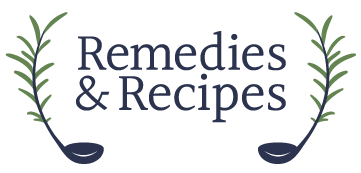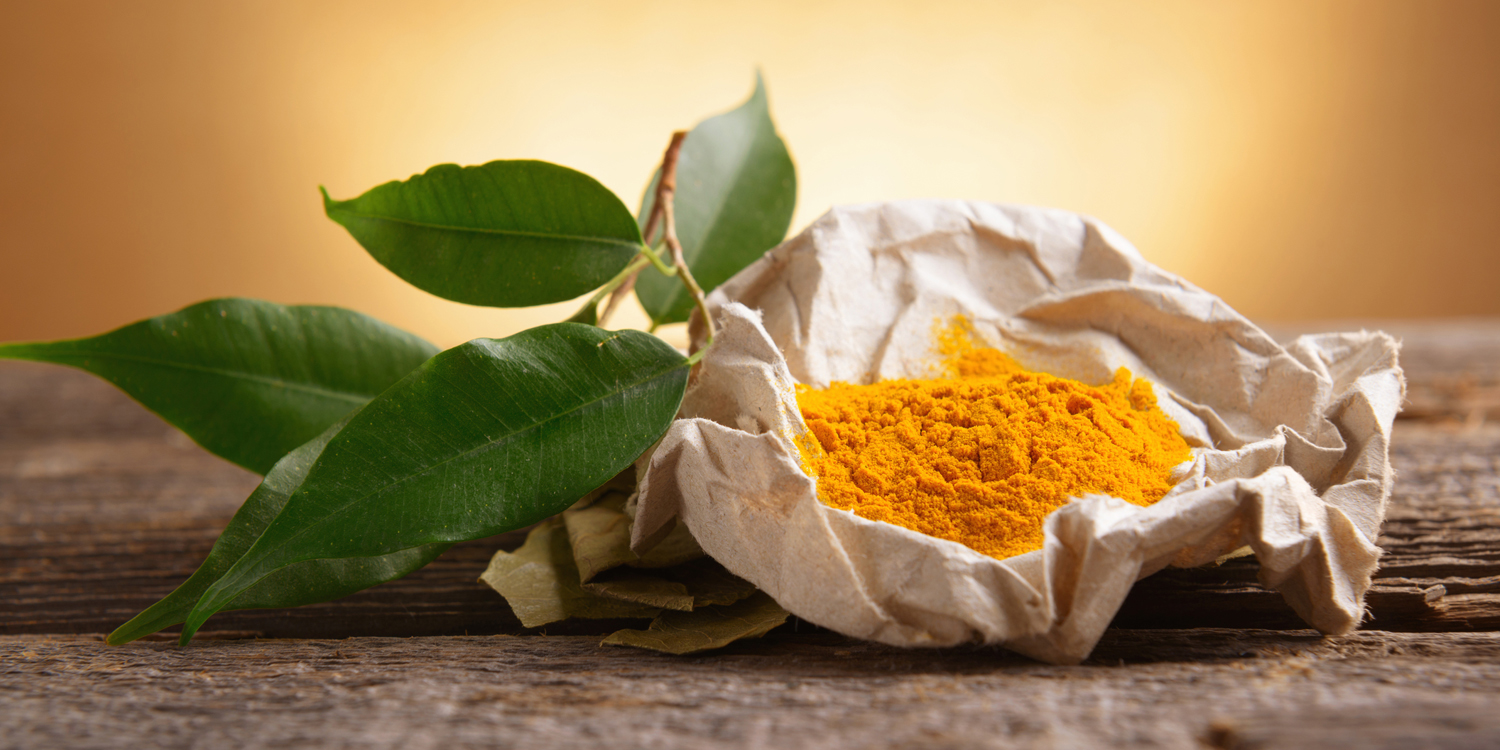Curcumin: The Gold Standard
Curcumin is heating up!
The powerful antioxidant compound that gives turmeric its golden-yellow color, curcumin has been shown to have substantial health benefits. It’s been used for ages in Asian food and medicine—particularly in India—and is touted for its role in treating or preventing cardiovascular disease, metabolic disorders, digestive issues, and even certain cancers. Peer-reviewed studies from this year alone have investigated its positive effects on such diverse conditions as lung cancer, stress, and high triglycerides.
But the most significant problem with curcumin as a health remedy has been its lack of “bioavailability.” In other words, in its pure form the compound is not well absorbed by the human body.
Fortunately, a new wave of research has developed methods for increasing bioavailability. They include formulations that lead to better absorption in the digestive tract, better distribution of the compound to various organs, and a pathway for crossing the blood-brain barrier to aid cognitive health.
Increased effectiveness
The authors of a new review in the journal Molecules write that curcumin “has been subjected to several modifications in its structure and administration . . . that have permitted an increase in bioavailability and effectiveness against different diseases.” They noted that early studies on curcumin found that the rate of absorption was as low as 1 percent, “so very high doses of curcumin are necessary to achieve any beneficial effects.”
The new formulations have begun to address that problem. One study found that curcumin in a water-soluble base with other antioxidants and cellulose was absorbed 46 times better than pure curcumin. And a team from Ohio State University has developed a mix of curcumin powder, castor oil, and polyethylene glycol that dissolves in the gut and is easily absorbed.
Another potential absorption-enhancer is lecithin, an essential fat that is found in foods such as soybeans and egg yolks.
Beat the heat
Curcumin’s benefits appear to stem from its ability to decrease inflammation. Since inflammation is known to play a role in the development of diseases ranging from arthritis to diabetes to Alzheimer’s, it comes as little surprise that curcumin can have modulating effects on those conditions.
The authors of the Molecules review wrote that “Curcumin is able to decrease inflammation by interacting with many inflammatory processes.” That may lead to its use in treating inflammatory bowel disease, Parkinson’s disease, liver disorders, high blood pressure, elevated blood lipids, and high blood glucose.
The latest findings
Research published earlier this year showed that curcumin can protect against abnormal thickening of the heart muscle (cardiac fibrosis) following a heart attack.
A promising study from last year found reductions in triglycerides and LDL (bad) cholesterol in patients with coronary artery disease. They took 500-milligram capsules four times a day for eight weeks.
Another recent study found that curcumin may reduce or prevent delayed onset muscle damage following a hard workout.
Taste test
Despite its relatively low bioavailability, even curcumin from food (in turmeric) appears to convey health benefits. “Particularly, the effects associated to Indian or Nepalese diets have been related with specific compounds such as curcumin and other curcuminoids,” wrote the authors of the Molecules report.
Another study from this spring reported that “curcumin consumption, in an ordinary diet, can have health-beneficial effects, including being helpful in maintaining blood glucose and triglyceride levels that become dysregulated with age.”
Turmeric lends a slightly hot, spicy taste to many foods. Adding some black pepper increases its effectiveness. Try it in rice dishes, in scrambled eggs, or with lentils or beans.
“Anti-cancer Effects of Curcumin on Lung Cancer . . .” by G.Q. Wu et al., Oncotarget, 4/16
“Association of Curry Consumption with Blood Lipids and Glucose Levels” by Y. Kwon, Nutr Res Pract, 4/16
“Curcumin and Health” by M. Pulido-Moran et al., Molecules, 2016
“Curcumin Protects Against Myocardial Infarction-Induced Cardiac Fibrosis . . .” by J. Xiao et al., Drug Des Devel Ther, 3/16
“Curcumin Supplementation Likely Attenuates Delayed Onset Muscle Soreness (DOMS)” by L.M. Nicol et al., Eur J Appl Physiol, 8/15
“Nano-emulsion Delivery Boosts Curcumin’s Anti-inflammatory Promise” by Nathan Gray, www.NutraIngredients-USA.com, 11/7/14
“Oral Bioavailability of Curcumin: Problems and Advancements” by W. Liu et al., J Drug Target, 3/16
“Safety, Tolerance, and Enhanced Efficacy of a Bioavailable Formulation of Curcumin with Fenugreek Dietary Fiber on Occupational Stress . . .” by S.S. Pandaran et al., J Clin Psychopharmacol, 6/16

